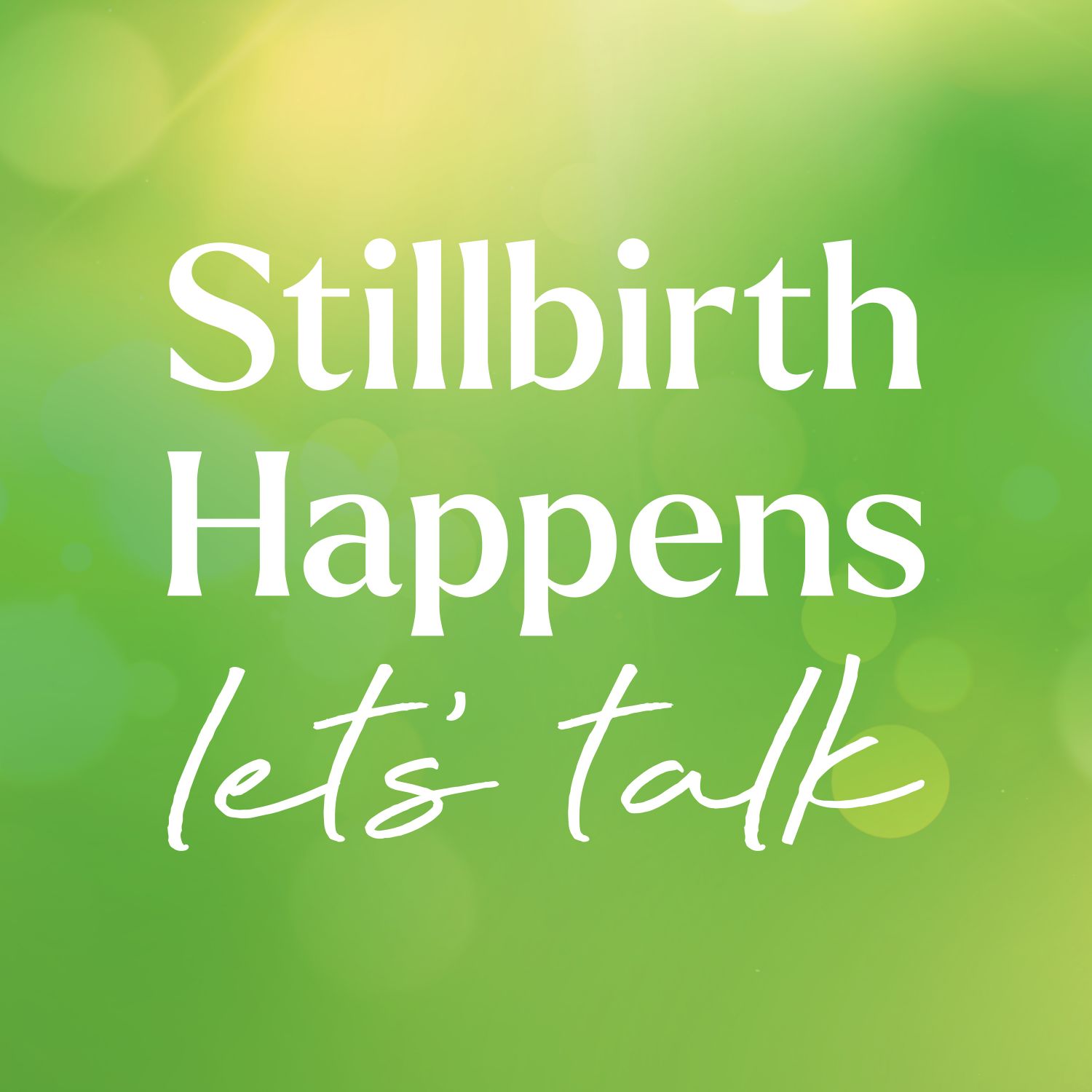Listen "Grieving Differently: The Experience of Stillbirth For A Non-Gestational Parent"
Episode Synopsis
In this episode, we learn from Leah Riske, the non-gestational parent to Maddux, who was born still in 2023, about her unique experiences of family planning with her wife, Sara, and teaching their older son, Nolan, about his younger brother. We also hear from Cora Beitel, midwife and owner of the Strathcona Midwifery Collective, about how important it is for providers to not make assumptions about the needs of families. Meeting the needs of each unique family means listening to and learning from clients and patients and taking time to self-reflect.Key Insights[3:42] “Nolan was a two-round IVF baby...” In vitro fertilization (IVF) is a complex series of procedures that can lead to a pregnancy. During IVF, mature eggs are collected from ovaries and fertilized by sperm in a lab. Then a procedure is done to place one or more of the fertilized eggs, called embryos, in a uterus, which is where a pregnancy develops. One cycle of IVF usually involves one month to assess the uterus, another month to suppress ovarian function, and then 2 weeks of ovarian stimulation that may lead to egg retrieval. The eggs retrieved may undergo a procedure to be frozen, may be fertilized in the lab, or transferred to a uterus. For many, a single cycle of IVF, involving the preparatory month, is a 2–3-month process.One full cycle of IVF takes about 2 to 3 weeks. A 2 or 3 round IVF cycle means that eggs are collected from 2 or 3 consecutive cycles and fertilized; the best quality embryos are then transferred in a final procedure and any additional embryos can be frozen and stored for later use. [5:25] “...my wife decided at that point to be induced and then just have a natural birth with medics.” “Natural birth with medics” refers to delivering Maddux vaginally with the support of medication. [31:20] “...it was a cord accident for Maddux.” The term “cord accident” is often used when a baby dies before birth and the umbilical cord appears to be involved, but it’s important to understand that this is a non-specific and informal term, not a clear medical diagnosis. The phrase “cord accident” refers broadly to situations in which the cord’s function may have been compromised enough to affect the baby’s oxygen supply, possibly leading to stillbirth. Umbilical cord abnormalities, such as a tight cord around the neck (nuchal cord), true knots, or cord prolapse, can sometimes interfere with oxygen flow. However, many of these findings—especially nuchal cords—are common and usually harmless. A nuchal cord is found in about one-third of births and, in most cases, does not cause any harm to the baby. When the cord is unusually compressed, twisted, or positioned in a way that repeatedly cuts off oxygen, it may contribute to a rare but tragic outcome. It’s important to recognize that while the cord can sometimes play a role in stillbirth, most cord findings are not dangerous, and using the term “cord accident” can sometimes oversimplify complex causes of fetal loss that are not yet well understood in the medical community.Resources Return to Zero HOPE: Partners’ Grief: A Unique Experience Blog Return to Zero HOPE: Resources for LGBTQ+ Families Companion Website: LGBTQ+ Reproductive Loss Words of Advice: LGBTQ+ Reproductive Loss Magazines/stories USA Based: Resources on pregnancy loss, stillbirth and infant loss for LGBTQ+ parents USA Based: Empty Arms Bereavement/LGBTQ Resources Sue Ryder: Supporting the LGBTQ+ community through grief and bereavementBooks Reproductive Losses: Challenges to LGBTQ Family-Making Podcasts River’s Story, Lesbian Parenting and Travelling with Grief with Jaimie-Lee Roy Academic articles Stories of Grief and Hope: Queer Experiences of Reproductive Loss Pregnancy Loss In Lesbian And Bisexual Women: An Online Survey Of Experiences Breaking the Silence: Infertility, Motherhood, and Queer Culture Videos Loss in the LGPTQ+ Community Trans and Gender Diverse Family Building for Providers
More episodes of the podcast Stillbirth Happens - Let's Talk
Finding Community – The Legacy of Wilder Jay
24/09/2025
Memorializing: Bringing Ryann Home
16/07/2025
It Changes You Forever
03/08/2023
Grief Has No Timeline
20/07/2023
Having Questions And Finding Answers
06/07/2023
What Happens At The Hospital?
22/06/2023
 ZARZA We are Zarza, the prestigious firm behind major projects in information technology.
ZARZA We are Zarza, the prestigious firm behind major projects in information technology.
